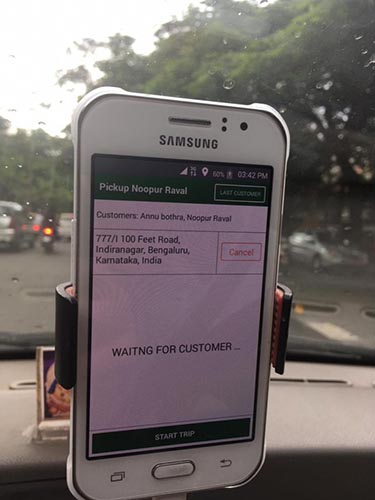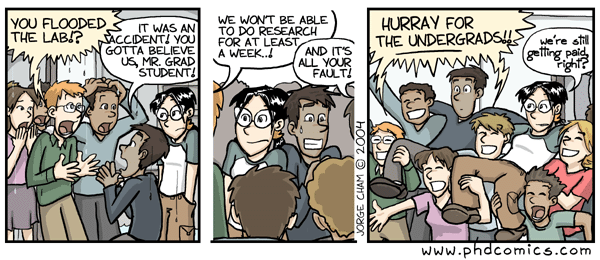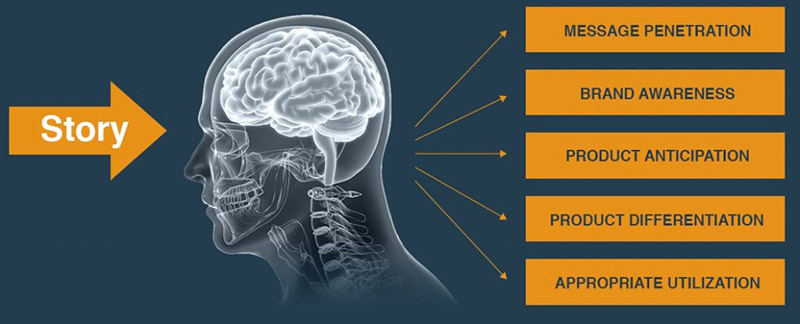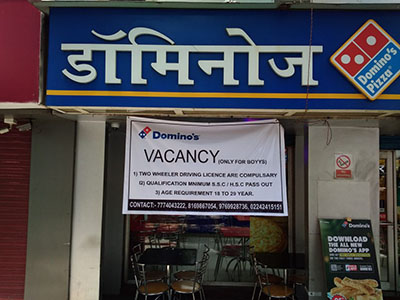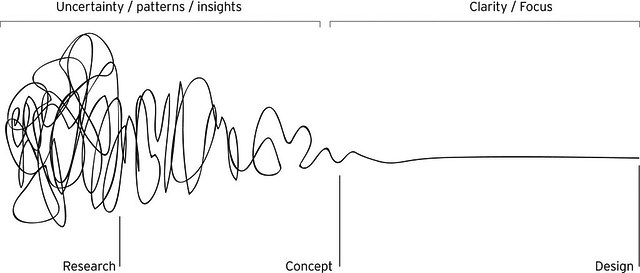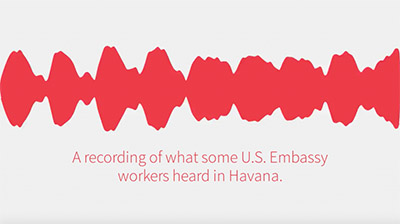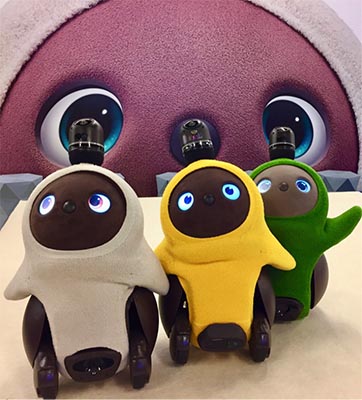
The Future of LOVOT: Between Models of Emotion and Experiments in Affect in Japan
Aya is anxiously waiting for a future in which humans coexist with robots. She didn’t think this was possible in her lifetime, but when she learned about LOVOT, a 43 cm-tall furry robot on wheels designed specifically to seek out and offer affection, she was elated to discover that the future she had imagined was within reach. She urged me to take hold of it—LOVOT, that is. We were chatting at a recent Talk Session for LOVOT fans and a few of the creatures were spinning around a table as we talked. Its wheels folded into its body, and with animated LED eyes it looked up at me and blinked. I picked it up and Aya poked its nose, eliciting something like an irritated giggle from the robot, whose name I learned was Cherry. Aya stroked Cherry’s belly and its eyes blinked a few times and then slowly closed. “It fell asleep! How cute (kawaii)!” Aya exclaimed. Although Aya claimed to be uninterested in robots, technology, or anything in the IT world in general, she was immediately and, as she describes, inexplicably moved by LOVOT. It’s just an emotion (kanjō), she reflected. “You know about lonely people (kodoku na hito) in Japan, right?” Aya asked. “I think that everyone needs to feel affection (aichaku), and everyone enjoys this feeling we can get from cute things. It fulfills your heart (kokoro o mitasu). But not everyone can get this feeling… I think that in the future maybe one or two people out of ten might simply have relationships with things like LOVOT. It’s not really any different from the kind of affection one gets from a dog or cat, or even another person. And it’s their choice! This is a really interesting future!” (read more...)

